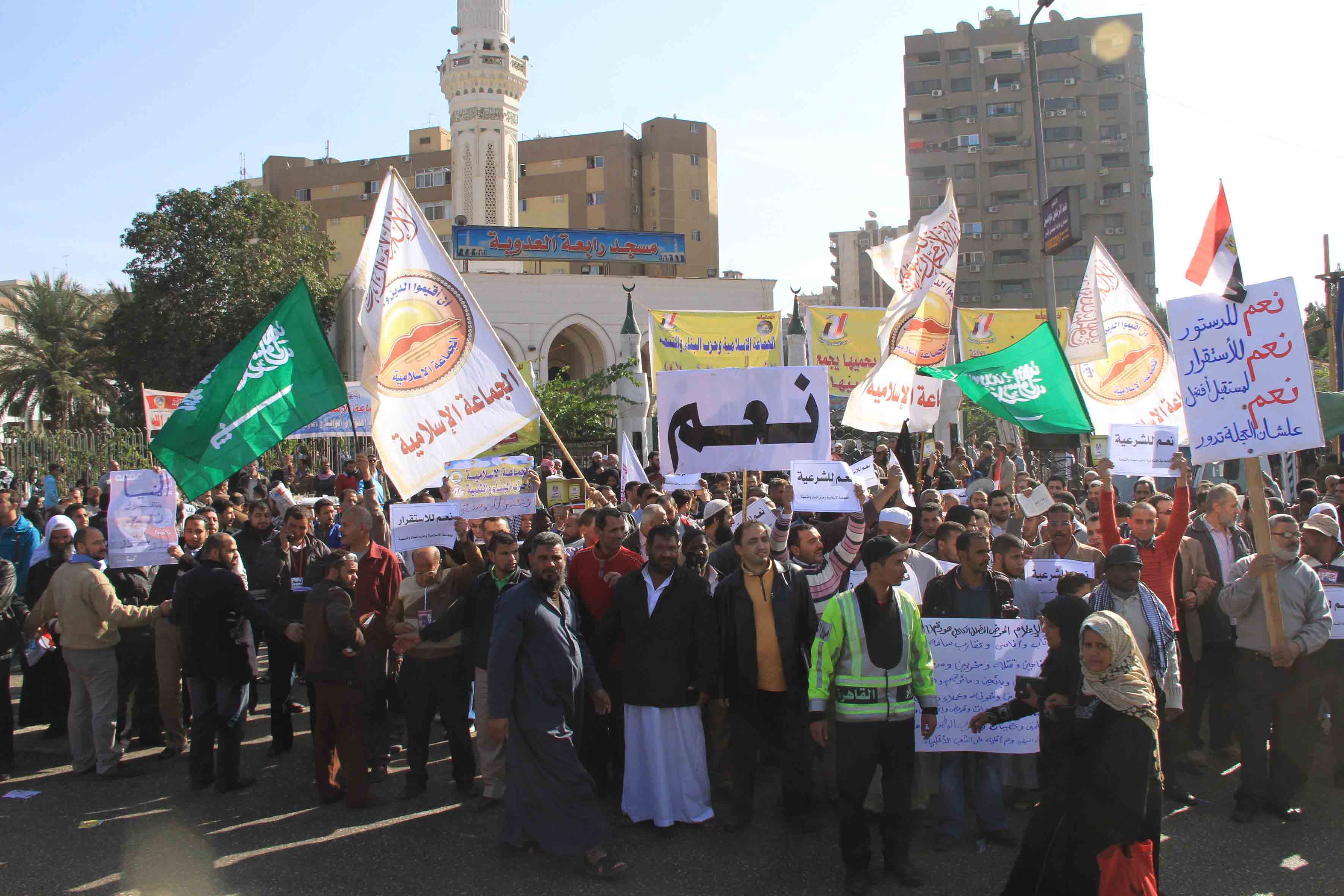
AFP – President Bashar al-Assad vowed Thursday to defend Syria from attack as Washington and London laid out their case for punitive military strikes against Damascus over suspected poisonous gas attacks.
Diplomats said the five veto-wielding members of the UN Security Council were to hold a new meeting on the crisis at 1830 GMT on Thursday to discuss a fiercely disputed British draft resolution that could allow military action.
UN chief Ban Ki-moon has appealed for Western powers to await the findings of by his inspectors probing the sites of the attacks that horrified the world.
The military build-up continued in the Mediterranean as Western powers appeared poised to launch strikes against Assad’s regime, although US President Barack Obama said he has yet to make a decision.
And Prime Minister David Cameron of Britain, facing an uphill battle to win parliamentary support for any intervention, said what was at stake was “one of the most abhorrent uses of chemical weapons in a century.”
Cameron admitted there was no 100 percent certainty of who was responsible, but the government insisted military action would be allowed under international law as “humanitarian intervention.”
If confirmed, it would be the deadliest use of chemical weapons since Saddam Hussein gassed Iraqi Kurds in 1988.
The attacks, though not the first in Syria where chemical weapons’ use has been alleged, threaten to draw the West into an escalating 29-month conflict in the face of deep divisions in the international community.
A Western bombing blitz had appeared imminent this week, but US allies now appear more reluctant to act before hearing the results of the UN probe.
And Canada said it was not planning to play a role in any intervention, although it voiced support for its allies on the need for action.
Ban said the UN experts — on a third day of inspections of alleged attack sites — would leave Syria by Saturday and report to him immediately.
“Diplomacy should be given a chance… peace (should) be given a chance,” Ban said.
With any US-led missile strikes unlikely to have UN backing, key Damascus allies Russia and Iran again warned against any intervention, saying it could set off a wider conflict.
The Kremlin said Russian President Vladimir Putin — whose country is Syria’s top arms supplier — and German Chancellor Angela Merkel had agreed the Security Council must study the weapons report and work to find a settlement.
A defiant Assad vowed “victory” in the face of the Western threats.
“Syria will defend itself in the face of any aggression,” state television quoted him as saying.
The United States said it deployed a fifth destroyer to the eastern Mediterranean while Russia was reportedly sending in two warships and Britain dispatched fighter jets to Cyprus.
The mood among Damascus residents was fearful, while security forces prepared for possible air attacks by pulling back troops from potential targets and imposing tougher security controls.
Southeast of the capital, a car bomb killed nine soldiers in the town of Nabak, sparking clashes between troops and rebels, a watchdog reported.
Syria’s nervous neighbours stepped up preparations for conflict, with Israel authorising a partial call-up of army reservists while Turkey put its forces on heightened vigilance.
Obama, who a year ago warned the use of chemical arms would cross a US “red line,” on Wednesday said Washington had definitively concluded Assad’s regime was to blame for the August 21 attacks.
He said US action would be designed to send a “shot across the bow” to convince Syria it had “better not do it again.”
The Nobel Peace laureate, who wants to seal a legacy of ending wars after the bloody Iraq and Afghan conflicts, not getting into new ones, argued it was vital to send a clear message around the world.
But some commentators have warned the US could effectively see itself fighting on the side of Al-Qaeda, whose militants have joined rebels in the battle to oust Assad.
Washington has bluntly signalled a Security Council resolution that could have given a legal basis for an assault was going nowhere owing to Russian opposition.
French President Francois Hollande said the world must act to stop the violence. But his government said coordinating an agreed response would be “difficult.”
The international community has remained largely impotent over the war despite the huge death toll, as Russia, along with China, have blocked three Security Council resolutions aimed at pressuring Assad.
However, fears intervention could ignite a conflagration were stoked further by Iran, whose army warned a strike on Syria would “drive the Zionists to the edge of fire.”
Iran and Syria are main backers of the Lebanese Hezbollah militia which fought a devastating war with Israel in 2006.
And Israeli President Shimon Peres vowed the Jewish state would “respond with all our might” if attacked.
Global financial markets remained on edge, although stocks rebounded while oil prices slipped back from two-year highs on supply fears.


